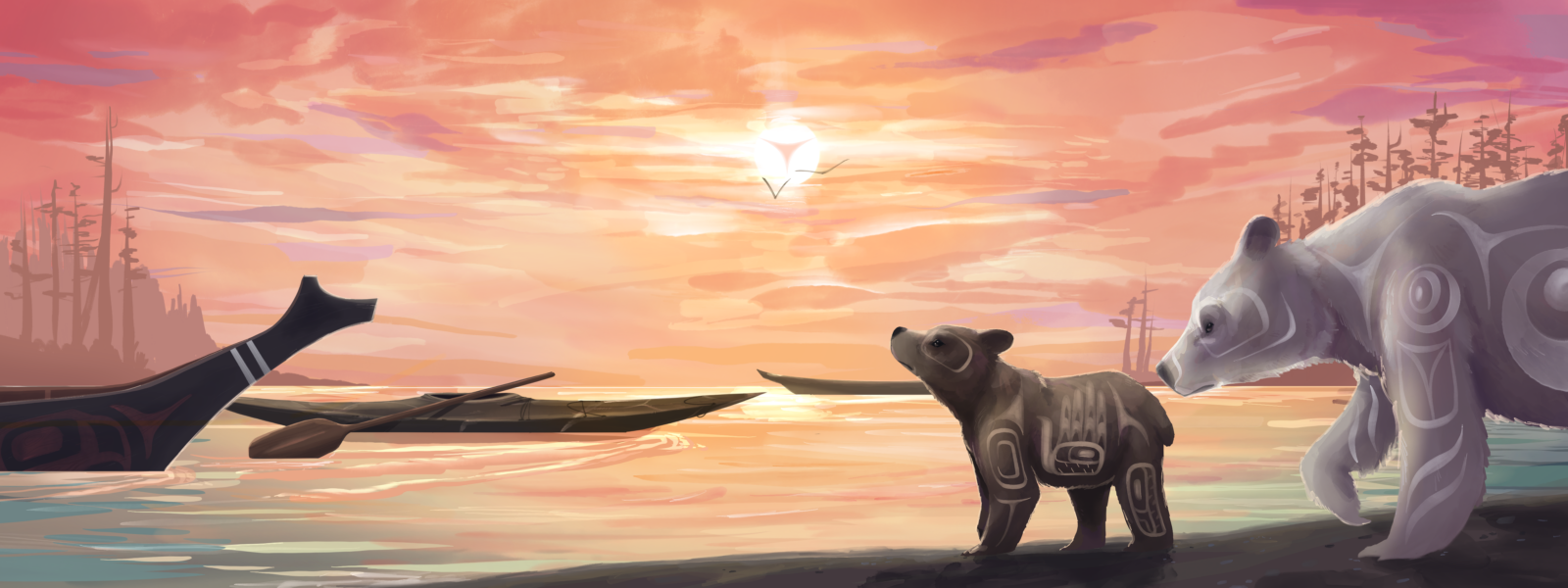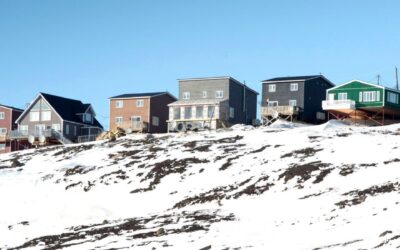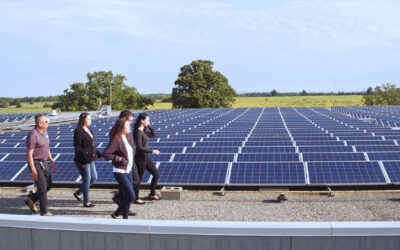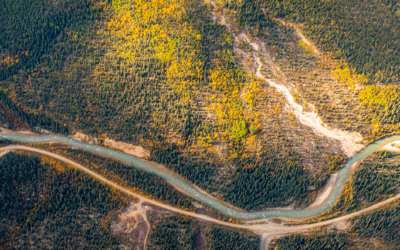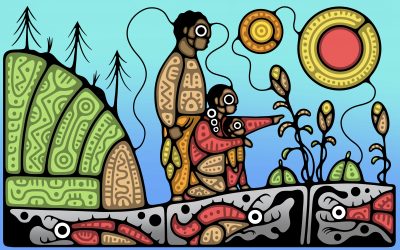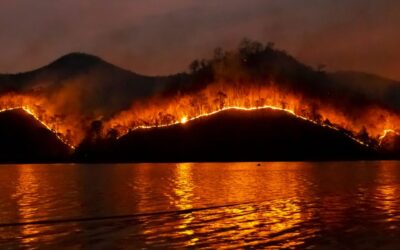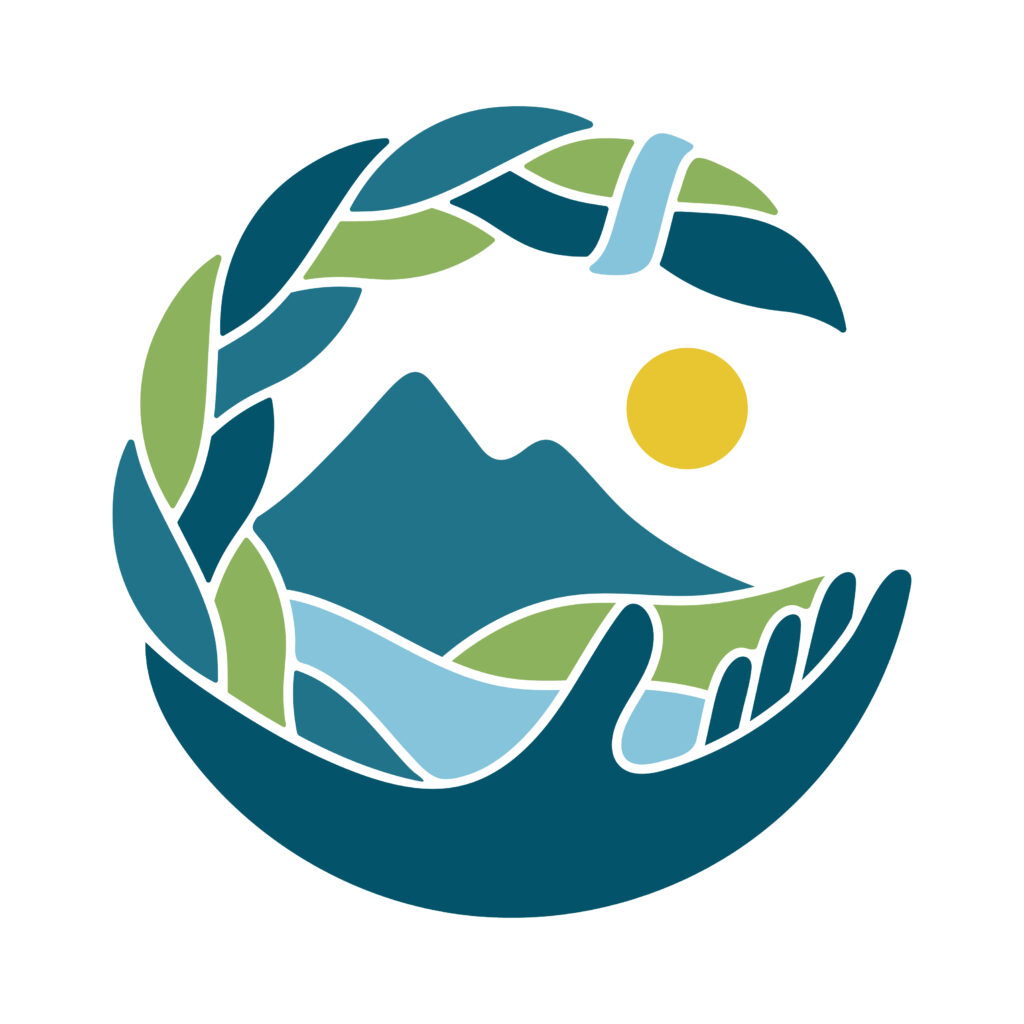
As an organization we are committed to research practices that support and further Indigenous reconciliation and a respect for Indigenous sovereignty. We ground our work in moving the United Nations Declaration of the Rights of Indigenous Peoples, and Canada’s Truth and Reconciliation Commission’s recommendations forward, and acknowledge that Indigenous Knowledge systems must be a cornerstone of Canadian climate policy.
Actions we have taken:
- Ensured Indigenous representation across our Board, Expert Panels, and Advisory Council.
- Adopted new recruitment practices to attract a higher proportion of Indigenous applicants.
- Created a cultural leave policy for Indigenous staff to participate in traditional Indigenous practices, including hunting, fishing, harvesting, or a ceremonial, cultural, or spiritual event.
- Built internal capacity through an initial year-long staff training and development program focused on Indigenous history, rights, allyship, research, engagement, and climate leadership.
- Recognized the National Day for Truth and Reconciliation as a paid day off to encourage all staff to reflect and participate in events that honour Indigenous Peoples.
- Established Indigenous engagement and advancement of Indigenous self- determination as a strategic focus across the Institute.
- Held workshops with the executive team on key concepts in Indigenous methodologies and decolonizing research, the Truth and Reconciliation Commission’s Calls to Action, and the United Nations Declaration on the Rights of Indigenous Peoples.
- Created honorarium protocols and ensured our procurement strategy for gifting supports Indigenous organizations, justice, and equity.
- Developed and adopted a justice and equity statement—which includes a commitment to reconciliation—and implemented an equity analysis framework to guide our research.
- Developed an Indigenous peer review process for all of our reports that moves beyond ‘do no harm’.
- Applied the 4 R’s of Indigenous Research (respect, relevance, reciprocity, and responsibility) to all of the work that we do.
- Identified trauma-informed guidelines for photos of Indigenous Peoples in our publications and a commitment to pursue Indigenous language translation opportunities when possible to advance an important Truth and Reconciliation Commission’s Calls to Action.
- Worked with an Indigenous organization to conduct a survey and environmental scan to identify key Indigenous climate policy priorities to inform our research and engagement approach.
- Launched an Indigenous climate case studies program to amplify Indigenous-led research on climate change impacts and policy and uplift Indigenous climate leadership across the country.
- Partnered with Indigenous organizations on research in recognition that Indigenous people are rights holders in this country facing impacts from climate change at higher rates then the rest of the country, and are responding with strong leadership through clean energy initiatives, adaptation strategies, community programming, and research.
Ongoing, we are working to:
- Develop the new Indigenous Research stream to partner with Indigenous organizations and focus on Indigenous research priorities that intersect with our mandate and develop and amplify Indigenous-led climate research.
- Increase Indigenous representation across our organization on staff, Boards, Expert Panels, and Advisory Council.
- Establish formal, organization-wide Indigenous competencies and standards, and ensure staff receive the necessary training and skill development to apply best practices in their work.
Scoping papers and case studies
Blogs

New Ontario program could accelerate energy transition while advancing Indigenous reconciliation


